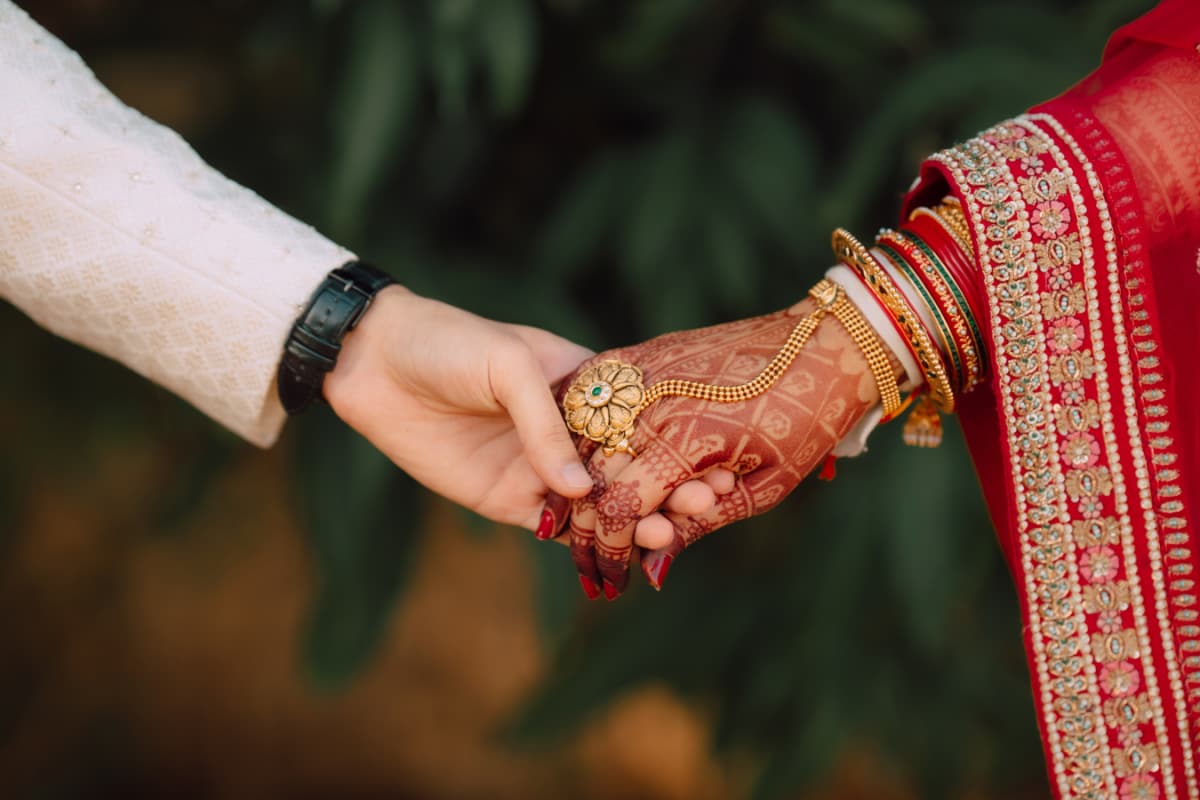

A wedding in Uttarakhand has been called off after the groom's family allegedly made dowry demands, prompting outrage and highlighting the persistent issue of dowry in the region. The bride's family claims that the groom's family increased their dowry expectations shortly before the wedding ceremony was scheduled to take place.
According to the bride's family, negotiations regarding dowry had occurred before the wedding arrangements were finalized. However, just days before the event, the groom's family allegedly presented a new list of demands, which included a significant sum of money, a luxury car, and other expensive goods. The bride's family expressed their inability to fulfill these last-minute demands, leading to a heated argument. Consequently, the groom decided to call off the wedding, leaving the bride and her family humiliated and distressed.
Dowry, a practice outlawed in India since 1961 under the Dowry Prohibition Act, continues to be a social evil in many parts of the country. It involves the transfer of money, goods, or property from the bride's family to the groom's family as a condition of marriage. Despite the legal prohibition, dowry demands persist, often leading to harassment, emotional distress, and even violence against women.
This recent incident in Uttarakhand underscores the deep-rooted nature of the dowry system, particularly in certain communities. While there has been a decline in dowry deaths in Uttarakhand, as reported by an RTI activist in early 2025, the practice of demanding dowry remains prevalent. The incident serves as a stark reminder of the continued pressure on families, particularly those with daughters, to meet the often-unreasonable demands of the groom's family.
The bride's family has filed a formal complaint with the local police, seeking legal action against the groom and his family under the Dowry Prohibition Act. Authorities have initiated an investigation into the matter, and appropriate measures will be taken if the allegations are found to be true.
This case has sparked widespread condemnation from women's rights organizations and social activists, who are calling for stricter enforcement of anti-dowry laws and increased awareness campaigns to eradicate this social evil. They emphasize the need to educate communities about the harmful consequences of dowry and empower women to stand against such practices. Several organizations are offering legal and emotional support to the bride and her family, helping them navigate the legal process and recover from the trauma.
Such incidents not only inflict emotional and financial harm on the bride's family but also perpetuate gender inequality and undermine the dignity of women. Eradicating dowry requires a multi-faceted approach involving legal reforms, social awareness campaigns, education, and a change in societal attitudes. It is crucial for communities to come together and challenge the norms that perpetuate this illegal and unethical practice, ensuring a more equitable and just society for all.